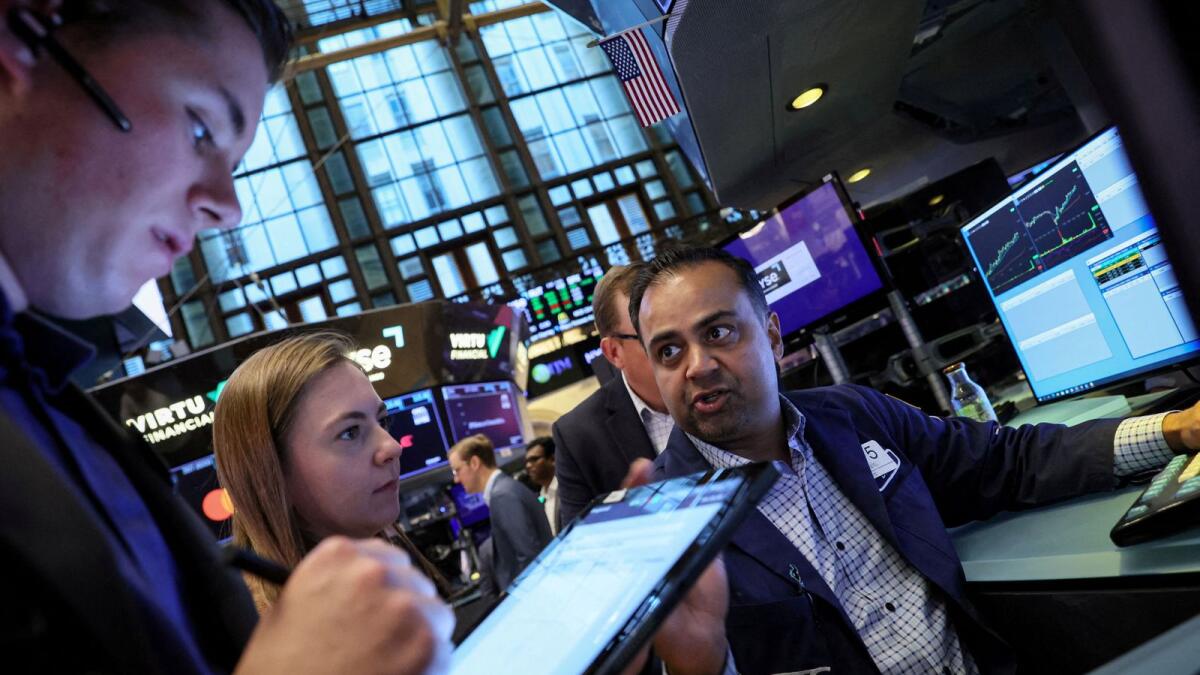US Vice President and Democratic presidential candidate Kamala Harris has proposed a corporate tax hike ahead of the November Presidential elections, which could potentially impact earnings for companies on the benchmark S&P 500 index. Goldman Sachs analysts estimate that if Harris were to raise the corporate tax rate to 28% from the current 21%, S&P 500 companies could see a 5% decrease in earnings. In addition to the corporate tax rate increase, Harris also plans to tax foreign income and raise the alternative minimum tax rate to 21% from 15%, which could further reduce earnings by up to 8%.
On the other hand, President Donald Trump’s proposed relief on the federal statutory domestic corporate tax rate to 15% from 21% would lead to a potential 4% increase in S&P 500 earnings. Currently, the US statutory corporate tax rate on domestic income is 26%, but the effective tax rate paid by the typical S&P 500 company is 19%. Goldman Sachs projected that for each 1 percentage point change in the US statutory domestic tax rate, there would be a slightly less than 1% shift in S&P 500 earnings per share, equal to about $2 of S&P 500 EPS.
Kamala Harris’ rise to the forefront of the Democratic ticket has injected new energy into the Democratic campaign, which had previously faced doubts about Joe Biden’s chances. Recent polls show that Trump had been leading over Biden, but Harris has managed to edge ahead of the Republican candidate in some national opinion polls. As the election nears, the impact of each candidate’s proposed tax policies on corporate earnings and the overall economy become increasingly significant topics of debate and consideration for investors and businesses alike.
The potential 5% decrease in earnings for S&P 500 companies under Harris’ proposed corporate tax hike raises concerns among investors about the impact on stock prices and market performance. On the other hand, Trump’s proposed tax relief could potentially boost earnings and stock prices, providing a positive outlook for the market. The tax policies of the candidates are a key factor for investors to consider when making decisions about their investments and asset allocations in the current economic environment.
As the election approaches, the contrasting tax policies of Harris and Trump have become central issues in the campaign, with implications for businesses, investors, and the overall economy. While Harris aims to increase corporate taxes and ensure that “big corporations pay their fair share,” Trump’s focus is on lowering tax rates to stimulate economic growth and boost corporate earnings. The outcome of the election and the subsequent implementation of tax policies will have a significant impact on the business environment and financial markets in the United States. Investors will closely monitor the candidates’ proposals and how they may shape the future economic landscape.











